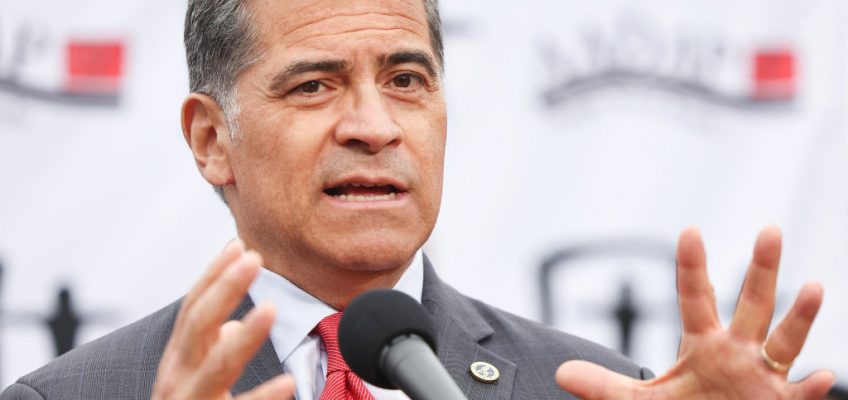WASHINGTON — The White House on Tuesday announced the release of roughly $3.7 billion in funding to help lower-income households afford their home heating costs.
The funding, according to a senior administration official, represents 90% of the allocated funding for the program known as the Low Income Home Energy Assistance Program for fiscal 2024, with the balance being held back in case there is a budgetary adjustment in the final full-year appropriation for the program, which is run by the Department of Health and Human Services.
“We’ve got news because the president worked so hard to get a bipartisan infrastructure law passed,” HHS Secretary Xavier Becerra said on a call with reporters. “We know that in the next several weeks — we’re beginning to figure out how people need to be able to stay warm.”
Six million families were reliant on LIHEAP for heating or cooling last year, the secretary said. The funding largely comes from regular appropriations through the current continuing resolution, with an additional $100 million from the Biden administration’s bipartisan infrastructure law. The funding released Tuesday (and the overall allocation) does not match last year’s level, however, because that included emergency supplemental funding.
“In addition, the Biden-Harris administration is looking at every avenue to increase support to the American people, and we’re also looking at opportunities to potentially increase LIHEAP funding as well,” a senior administration official said in response to a question about the allocation at this point last year being $4.5 billion.
In the Northeast, home heating oil prices are running 26% below levels at this time last year, according to data from the Massachusetts Department of Energy Resources, with retail propane down about 5%.
How to see if you’re eligible
In conjunction with the announcement, the administration released a new online tool to help people determine their eligibility for funds, which HHS Office of Community Services Director Lanikque Howard said was an important advancement because eligibility requirements vary.
“As a block grant, LIHEAP grant recipients have flexibility in establishing program eligibility requirements. And with varying income eligibility requirements all across the country, it can be difficult for individuals and households to determine if they might be eligible for the program and whether they should invest the time and energy to apply,” Howard said.
Mitch Landrieu, the White House infrastructure coordinator, put the funding in the context of President Joe Biden’s broader economic agenda.


Leave a Reply